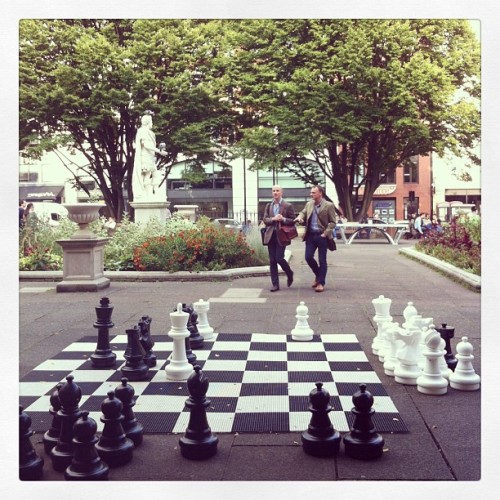
General description
Wittgenstein is one of the most influential philosophers of the twentieth century, and in my view one of the very greatest philosophers of all time.
He made substantial contributions (though more often than not unintentionally, and in a way unwillingly) to a wide range of areas in philosophy, including philosophy of logic, mathematics, and language; philosophy of science and metaphysics; philosophical psychology and anthropology; philosophy of mind and action; philosophy of social and communal practices, normativity, education and culture; and metaphilosophy (philosophy of philosophy). Wittgenstein’s, or anyway Wittgensteinian, ideas remain highly significant in these subfields of philosophy, and indeed beyond the narrow confines of philosophy. Many of his lessons still need to be understood, or understood better or anew, and be reckoned with.
Even more important, however, is the absolutely exemplary way in which Wittgenstein philosophised: not just what he thought and said, but how he did, and also that he did, so intensely and sincerely. Throughout most of his life, he was constantly frustrated, tormented and even ashamed by philosophy, just as he was by his own life. And yet the one was as inescapable as the other—he could not finally leave either, once and for all. And I say (daresay) this is revealing of something essential about the significance for human life of philosophy (as I see it, and as I think many great philosophers have seen it): something profoundly tragic. Philosophy, when done right, is maddening. But if we are true to ourselves, we cannot completely avoid it. For philosophy is—to borrow an expression from Stanley Cavell, one of the great followers of Wittgenstein—‘what thought does to itself’, and, if we live humanly at all, we cannot help but think, and moreover think about thinking, and what thought does to itself is always potentially maddening.
Here I am putting it in abstract terms, but what I want to convey is this: to study the philosophy of Wittgenstein, or more precisely, to philosophise with him, is to learn something about the human condition, by working it out in concreto; that is, by oneself philosophising as hard as one can, or, to use Wittgenstein’s own expression, by way of being ‘engaged in a struggle with language’. This, I believe, is the ultimate end, and certainly one of the most rewarding ends, to which a course on Wittgenstein may be directed.
In this course, then, we will study Wittgenstein’s texts, especially the Tractatus Logico-Philosophicus (1921–2) and the Philosophical Investigations (1953), in order not only to understand and assess the substantial insight they may contain, but also to learn first-hand something about what it is to philosophise, and what philosophy may be to us human beings.
Topics from Tractatus Logico-Philosophicus
- The picture theory of language
- Names, thought, logic and truth
- The subject: logical, psychological, and transcendental
- Saying and showing, sense, senselessness, and nonsense
- The ineffable, the mystical, and the point of the Tractatus
Topics from the later philosophy
- The Augustinian picture of language
- Language-games
- Ostensive definition
- Family resemblance
- Philosophy: method, point, predicament
— - Meaning, understanding and explanation
- Grammar, logic and necessity
- Mathematics, inference, probability
- Rule-following (I): Kripkensteinian themes
- Rule-following (II): Cavell and co.
— - Forms of life: nature and second nature
- Sensation and private language
- Solipsism, the first person and other minds
- Criteria and intentionality of the psychological
- Willing, intending, thinking and acting
— - Aspect perception, experience of meaning, secondary sense
- Knowledge, certainty, scepticism
- Idealism, transcendental and/or linguistic
- Ethics and faith
- Art, aesthetics, culture
Oxford undergraduates offering to read the paper on the philosophy of Wittgenstein typically spend eight weeks (one term) studying it, writing seven or eight essays. One idea would be to write on one or two topics from the Tractatus, two topics from each of the first three clusters of five topics from the later philosophy (i.e. 1–5, 6–10, and 11–15), and another topic from the last cluster (16–20) if one elects to write on just one topic from the Tractatus.